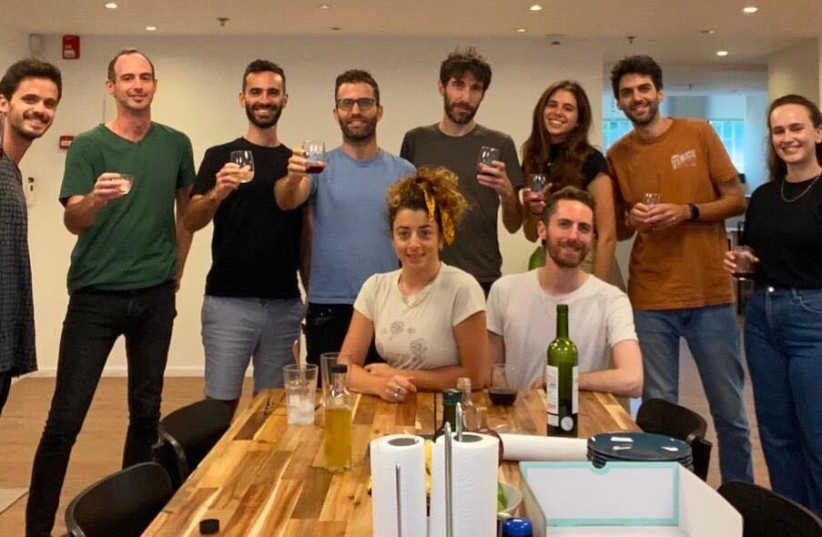A question posed to musicians of the world: Does the process of publishing and managing your music need a makeover? According to Elad Pankovski and Omer Matz, the creators of the music publishing platform IndieFlow, the answer is a resounding “yes.”
Since 2020, the duo has been developing, fine-tuning and expanding the capabilities of their service, which they describe as an all-in-one music management platform for independent music.
“We see that the creator economy is becoming very much like a new breed of small [and] medium businesses, and so what we’ve done is created this operating-system slash music-management platform to help them organize, manage and grow their careers,” Matz said, adding that it’s basically Shopify for independent musicians.
Pankovski said a revolution was taking place in the “creator economy.”
“The way that people consume media has changed,” he said, citing direct-to-fan engagement between creators and their fans on social media as a pertinent example.

However, while content such as video, photography and writing have transformed to suit that new, more intimate relationship, Pankovski said, “The music industry is really far behind. Most of the revenue is still generated through three major labels. We see ourselves as a tool that allows independent artists to just be less dependent on labels.”
How did IndieFlow get started?
Pankovski and Matz know the struggle of the independent artist all too well: Both of them come from creative backgrounds.
Matz, a musician, recalled the process of publishing his first album and the headaches that came with it.
“My whole day-to-day looked like working with 10 different music-related [browser] tabs on various services and platforms, and it created this fractured, fragmented kind of workflow and music-career management,” he said.
At a certain point, Matz decided to partner with Pankovski, who is creative with a background in film. The two brainstormed and researched, culminating in a platform that would bring indie musicians into the realm of modern hi-tech convenience.
The “Indie” in the name isn’t just for show: IndieFlow aims to help beginning and mid-class artists reach their full potential, offering guides, to-do recommendations and checklists and the ability to publish their tracks on all of the largest streaming services, while keeping 100% of their music royalties, for about $20 a month.
“Any user who’s subscribed to IndieFlow keeps 100% of the royalties, unless we need to use a partner like Songtrust to register their rights on [performing rights organizations],” Matz said. “Then Songtrust takes a cut, but IndieFlow does not take any cut from royalties from artists who are on a paying subscription.”
The creators acknowledge that since their clientele were inherently not yet successful musicians, it may be a steep asking price. As such, they are currently hammering out the details for a “freemium” plan that would enable users to work with IndieFlow for free, although they may need to hand over some of their music earnings to keep the platform’s lights on.
“On the free tier, we do see ourselves taking a small cut of the royalty revenue only to cover operational costs,” Pankovski said. “We want to be super-competitive. So if [rival publishing platform] CDBaby takes between 8% to 15% of the royalties, then we see ourselves taking something like 5%.”
“At the end of the day, we see IndieFlow as a music manager for independent artists – whether it’s artists who can’t afford a music manager because they are just starting out, or veteran artists who want processes automated for them,” he said. “It’s really cool that the system will allow artists based on the phase that they are in their careers to receive the recommendations and to receive the assistance that they need. That’s where we see IndieFlow fitting in.”
